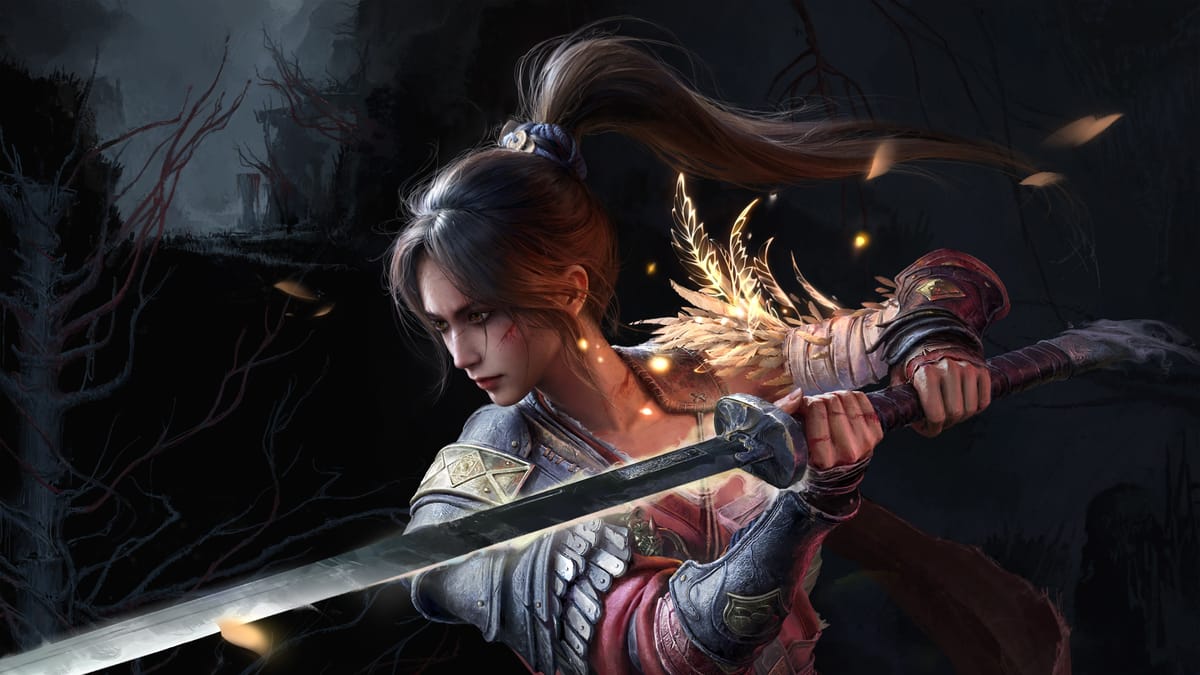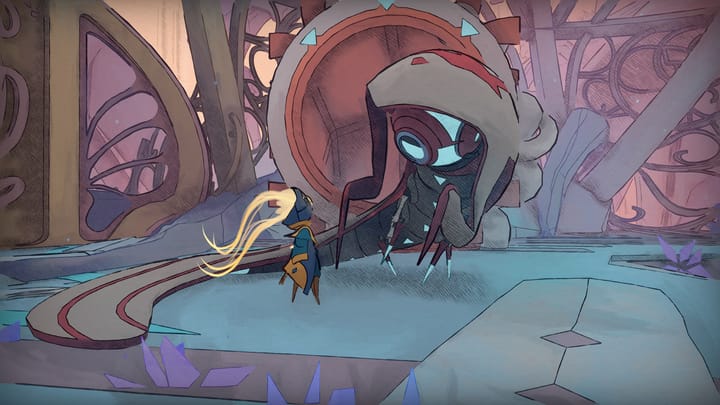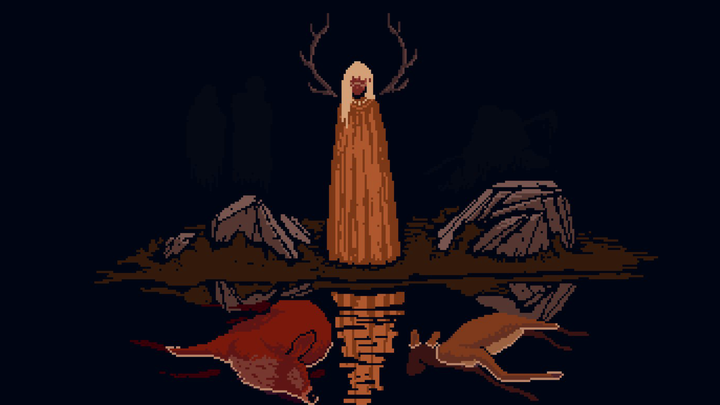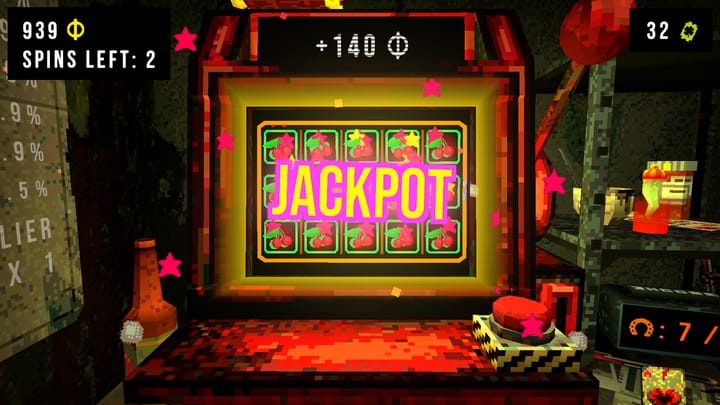Despite an overburdening start – brimming with systems and mechanics to grasp – and momentary technical issues, Wuchang: Fallen Feathers' extensive build depth and nods to Soulslikes' subtler qualities, make it a pleasant if not entirely revolutionary take on the genre.
While most conversations will often revolve around the implementation of challenge and depth to which combat is employed, it's easy to forget that the Soulslike brand of Action RPG has bore plenty of other satisfying albeit quainter traits that have made this particular sub-genre what it is. Even from the very early hours of one's trek through Ming Dynasty-era Shu, Wuchang: Fallen Feathers does a great job at reminding us that, as little as it may be acknowledged to most, a studio like FromSoftware's near-unrivalled behemoth status, is a result of many a small touches just as much as it's credited to that grand, core appeal in its combat encounters.
Easy as it is to lock onto that very core premise and call it a day, it's reassuring to find a studio every once in a while put as much effort into other aspects. That "oh neat, I'm back here!" elation upon unlocking a particular short-cut between two key areas. The persistent psychological warfare the game tends to enact with its player in dabbling with environmental hazards, opportune spots of ambush and generally relying (and, begrudgingly, guessing right) on when one might suffer from a momentary lapse of judgment. And generally – but most impressive of us all – how a studio takes what's essentially a linear series of corridors, lanes and narrow paths and turns them into an intriguing but deadly labyrinth wherein every turn of a corner could spell disaster. Push forward at your own peril.
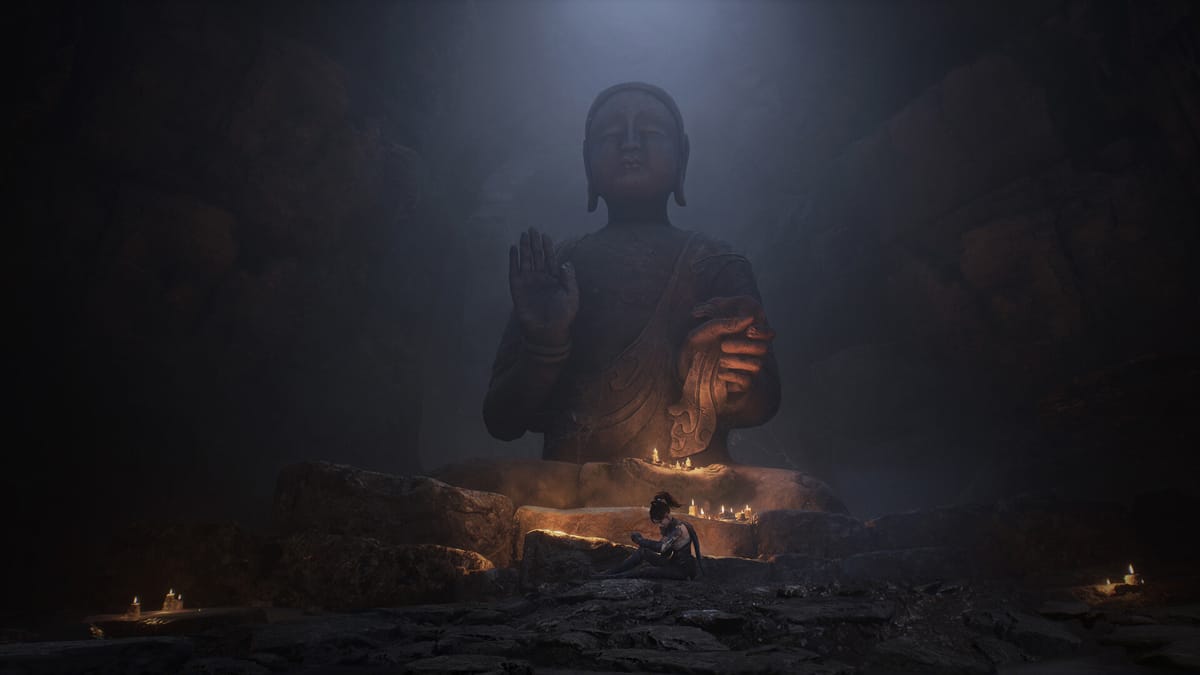
Wuchang: Fallen Feathers has an ample assortment of these kinds of short-term commendations. Familiar yes, but aptly designed all the same. Yes there's an equally-ample amount of genre tropes and cliches to once again trudge through. The assumable "poison-affiliated" region, for example, ended up appearing a lot sooner than I'd anticipated. And if you've even seen any latter-half content to two of From's more tonally-interesting entrants, Bloodborne and Sekiro: Shadows Die Twice, there's a likelihood you'll have already cottoned onto the notion that what the game may present at first, may not be the whole truth.
At a glance, it's easy to dismiss Wuchang as meeting the bare minimum. Executing on a well-worn premise with sufficient artistic prowess, but never truly excelling at the same time. And were it not for its extensive skill tree, build variety and density with systems to explore, that claim might've held firmer ground. But it's thanks to the manner in which progression is handled, that in many ways feels a little more Team Ninja-inspired than necessarily From-influenced, which in turn is no bad thing.
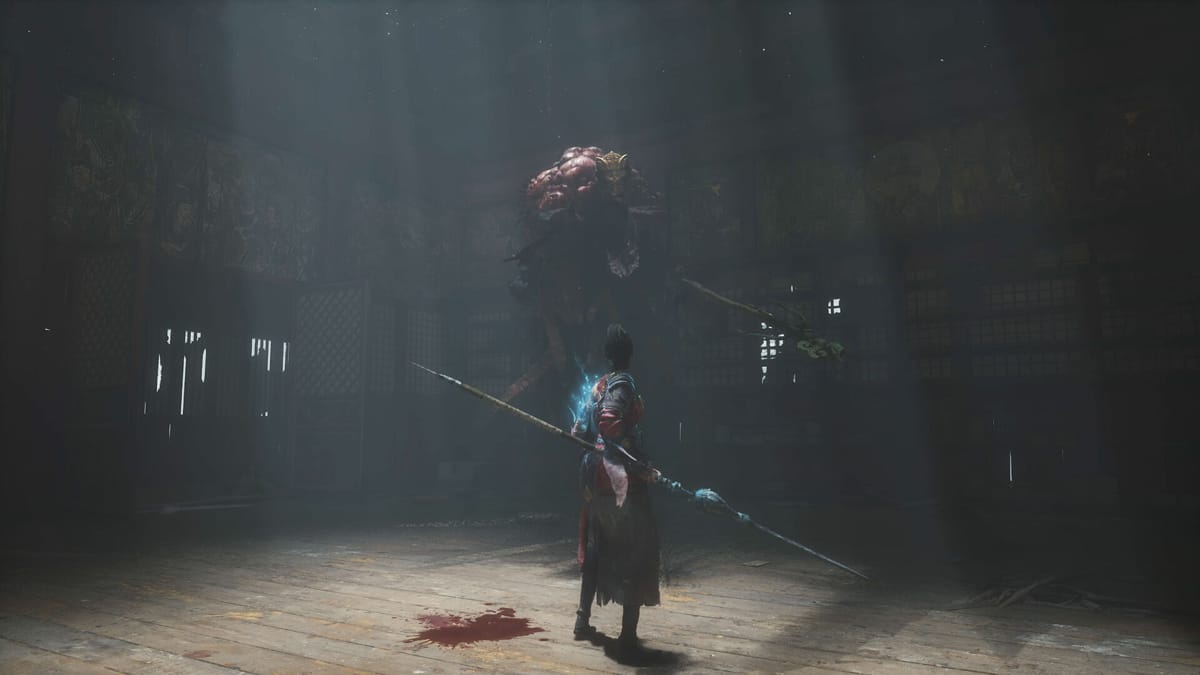
Surprised as I was that a name like Wo Long: Fallen Dynasty wound up emerging in my mind when it came to similar/familiar experiences of mechanical density/complexity. One could also throw in the word Nioh in there for added context as to how Wuchang feels to grapple with. As such, what you'll find is a game dense in its introduction with systems and tutorials on how all these things may or may not [but most likely will] have to be mastered, to then give players sufficient breathing room shortly thereafter to find their ideal build.
But despite this over-encumbered start, that gamble pays off. Taking little time, in my case, to easily slot into one's preferred method of being (to borrow some FromSoftware/Souls lingo for a second) a DEX/INT hybrid of sorts. Fast, nimble, dabbling with magic time to time and best of all, eventually growing evermore proficient in parrying and counter-attacking at opportune moments. How Wuchang's character progression works is as follows: rather than racking up enough currency (in this case, "Red Mercury") to increase a chosen stat by one point, players use said currency to purchase skill points with which are then used to invest in the game's main, branching skill tree.
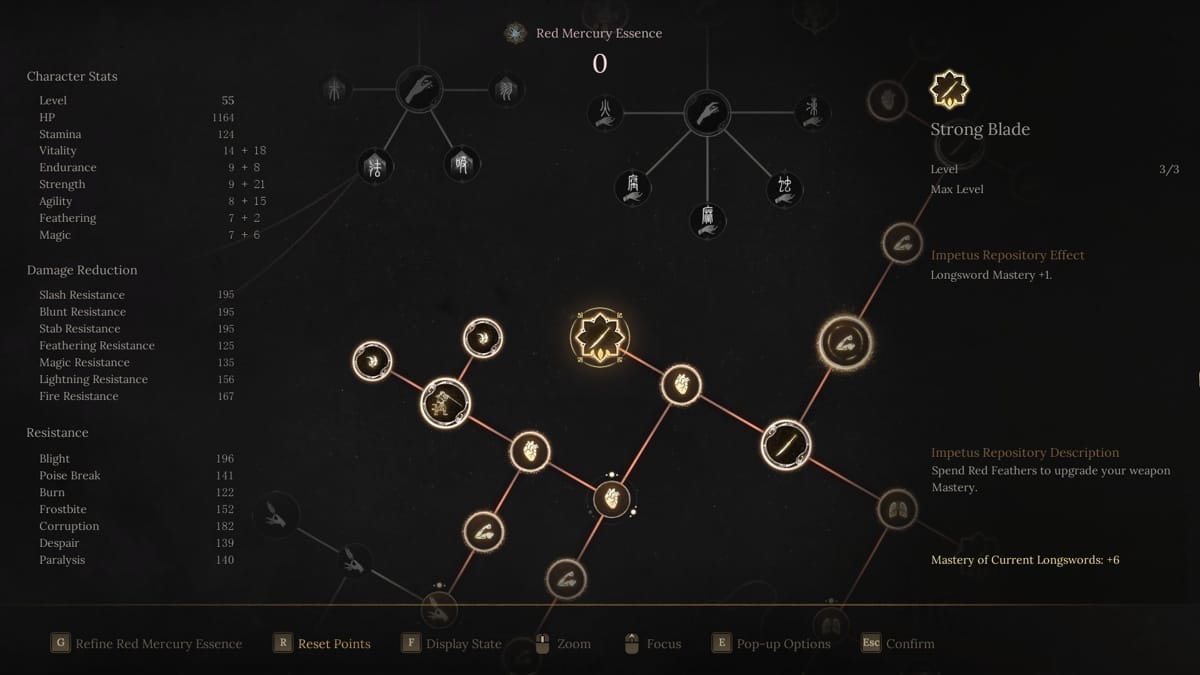
Splitting off into the various weapon classes, it's here where players are given not only the opportunity to increase a particular stat – +1 to health, stamina, strength etc..maybe even +5 should you desire it – but are also given the opportunity to invest in additional weapon skills (dubbed Disciplines), potential benefits to one's Madness stat and even mastery with a chosen weapon archetype. The latter of which proving to be one of the game's smarter implementation in that said mastery carries over between weapons of the same class. Removing the potentially annoying need to grind for materials to upgrade each weapon individually.
Add to that the ability to buff weapons with elemental/affliction-based traits and character progressions becomes a matter of when best to prioritize an increase to one's tool-set over simple bumps to one's stats. A conundrum that only grows even more enticing when the ability to negate damage through blocking and, as already alluded to, the ability to completely parry an attack becomes the next possible node in one's progression down and throughout the myriad of skill tree routes.
Admittedly the seemingly never-ending piling up of terminology, techniques and button prompts can feel needlessly burdensome and convoluted. But in getting a vast chunk of the explanations out of the way relatively early on, it grants players the time and the space to get a feel for what sort of play-style they ideally want to push. Then there are the [even more] additional ways players can further min-max specific play-styles by equipping gems and amulets and it's hard not to say Wuchang: Fallen Feathers doesn't offer plenty of versatility and customization to tackle the numerous challenges lying in wait.
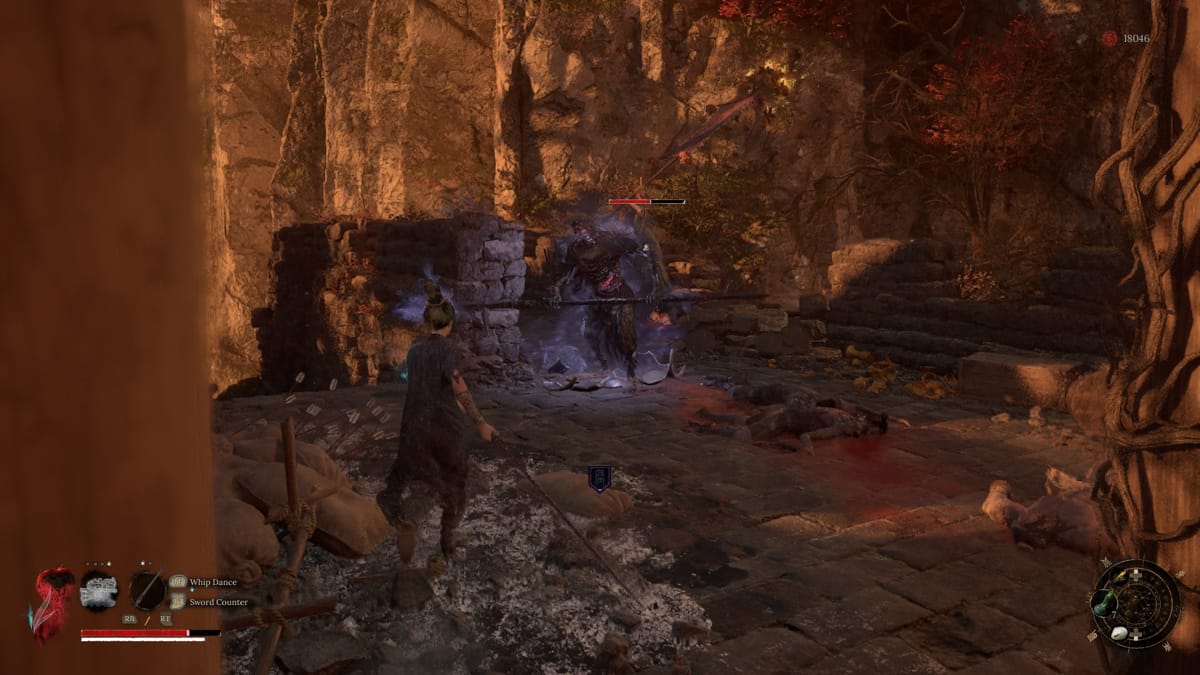
Regardless of build, one of the core conceits to most of combat in Wuchang: Fallen Feathers is in the players' need to rack up what's referred to as [Skybound Might]. Square parentheses included. Rewarded by way of successfully-timed dodges away and even through enemy attacks (be they direct weapon strikes or even projectiles), they serve as the means by which weapon-affiliated skills and even magic abilities can be activated.
The trick then with most encounters in the game – boss fights or even generally out in the field – is in getting consistently up close and direct with an enemy. Racking up Skybound so as to unleash more powerful attacks and crucially of all, nailing powerful strikes from behind so as to break an enemy's poise. How well players manage to not only read attack patterns, but utilize Skybound in combination with a set build, is arguably Wuchang's most satisfying component to delve into and master.
A system that very quickly and effortlessly allows one to employ techniques to make even the most cumbersome and erratic of boss fights, a lot more manageable to approach. In my case: not even hitting the ten hour mark whereupon one's build employed the means to rack up Skybound more easily through successive strikes, which in turn made activating an arsenal of magic skills that granted a defensive buff in one instance, an attack buff in another, a lot easier. All while one's main weapon is infused with flames or poison or some other desired attribute, for a set time. Oh and heavy attacks to an enemy's back were greatly strengthened.
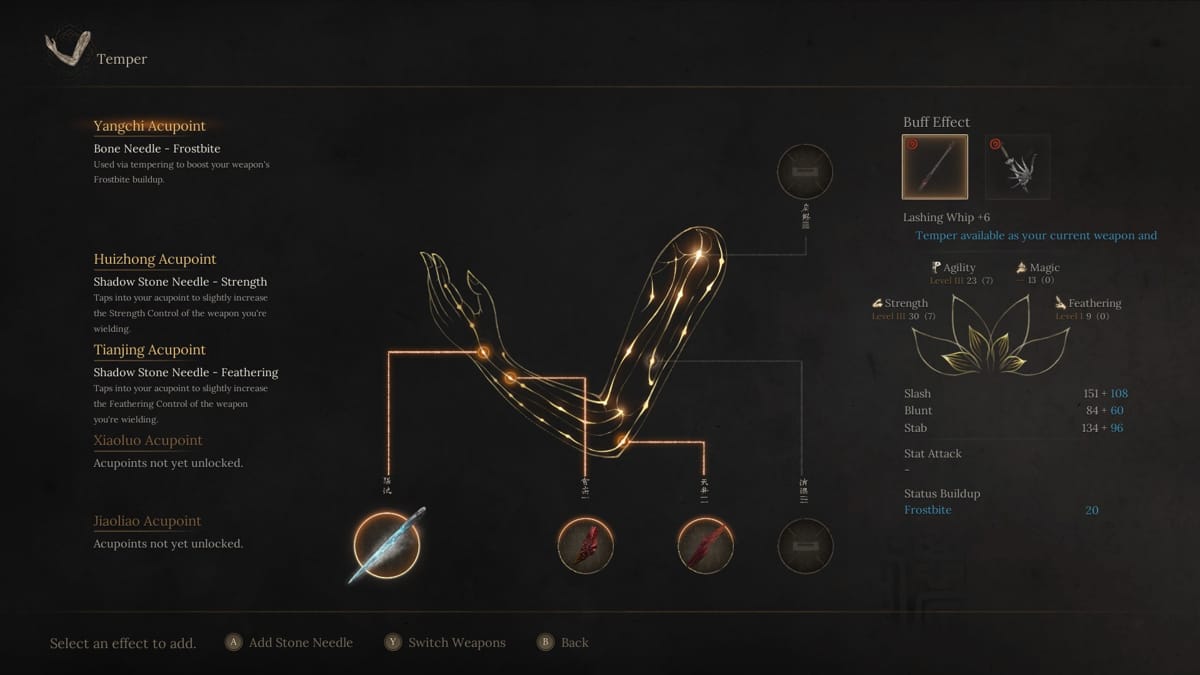
It's because of this plethora of abilities, skills and means to bolster one's stats, most players will likely only have to suffer (at most) a handful of deaths per boss fight, before achieving victory. In some cases, potentially even besting some encounters on the first try, as I had miraculously achieved once or twice. Sadly there are one or two difficulty spikes in place; boss fights that seemingly out-of-nowhere employ rapid combos or simply make easy work of you in no more than three hits, that don't feel adequately balanced relative to their placement in the game.
Perhaps the one and only component to Wuchang: Fallen Feathers whose presence falters by way of its implementation, is in the Madness trait. Effectively a measure/consequence of the amount of times a player dies, Madness gradually accrues until it reaches a certain threshold. At which point, a player while granted an increase to one's strength, also suffers double the damage taken as a trade-off. Interesting a consideration to the notion of player death this might be, Madness seldom feels like a tool whose risk:reward trade-off's feel adequately utilized.
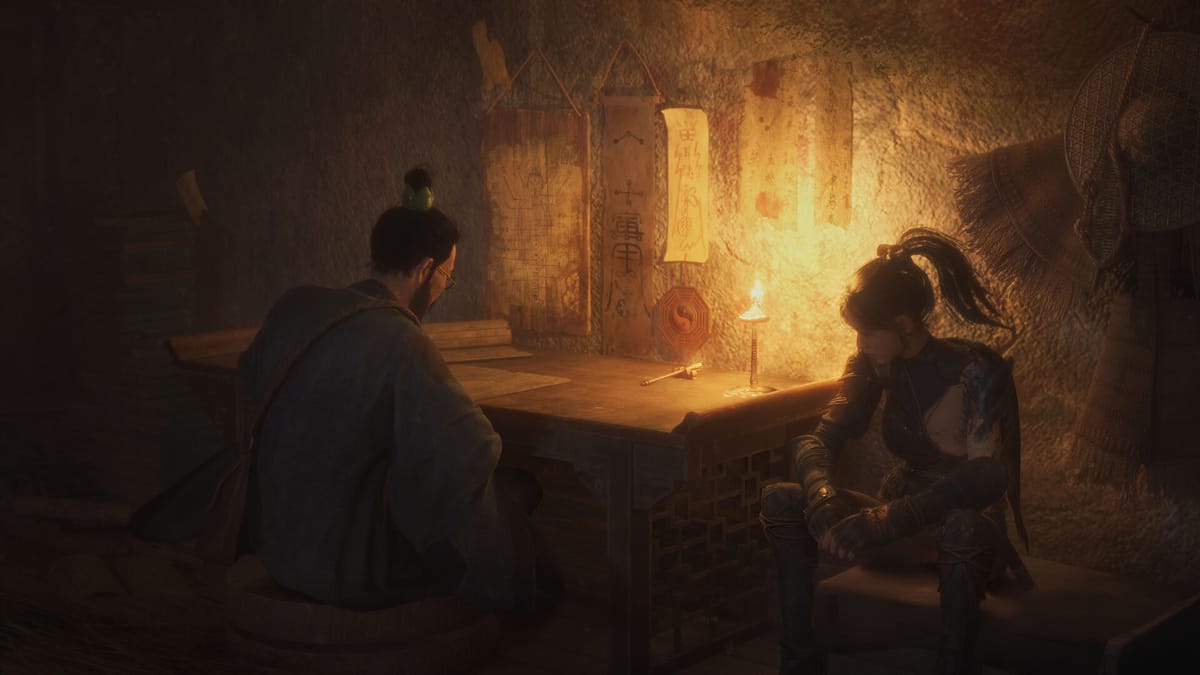
Even with the potential enticement via the main skill tree in accruing abilities based on your current level of Madness – at 50% a certain skill can be used, at 90% it makes your weapons perform a certain action – such is the wealth of options in other departments of progression, it hardly feels like an aspect whose boones or trade-off's feel worthy of consideration. Even the potentially perilous conundrum of squaring off with an Invader-esque NPC (an "Inner Demon" as it's dubbed in-game) should you die again at maximum Madness, feels less the consequence it wants to be seen as. More just some needless obstruction when all wants to do is get back and retry a given encounter for the umpteenth time.
If we're to consider the game's lowest points, it's with the game's technical performance that Wuchang: Fallen Feathers suffers the most. Meeting even the game's own "Recommended" build on PC, still results in one too many instances of stutter during even the least-demanding of transitions between areas. At worst, facing off against elite-style enemies and a couple instances of taking on a major, story-critical boss, can cause frame-rate to be impacted at a even worse level.
Whether this is down to the game's reliance on Unreal Engine 5 or not, Wuchang – despite its far-from-demanding graphical style and reliance on confined spaces – still winds up throwing up hitches and inconsistencies in its performance. To the extent that it takes such a hit, in one's own time, the game completely froze mid-game, not once but twice. Needless to say, the game's performance is inconsistent and while these incidents are the exception rather than the norm, the scale to which frame-rate can drop is severe enough to warrant it being marked down as a point against the game in its current state.
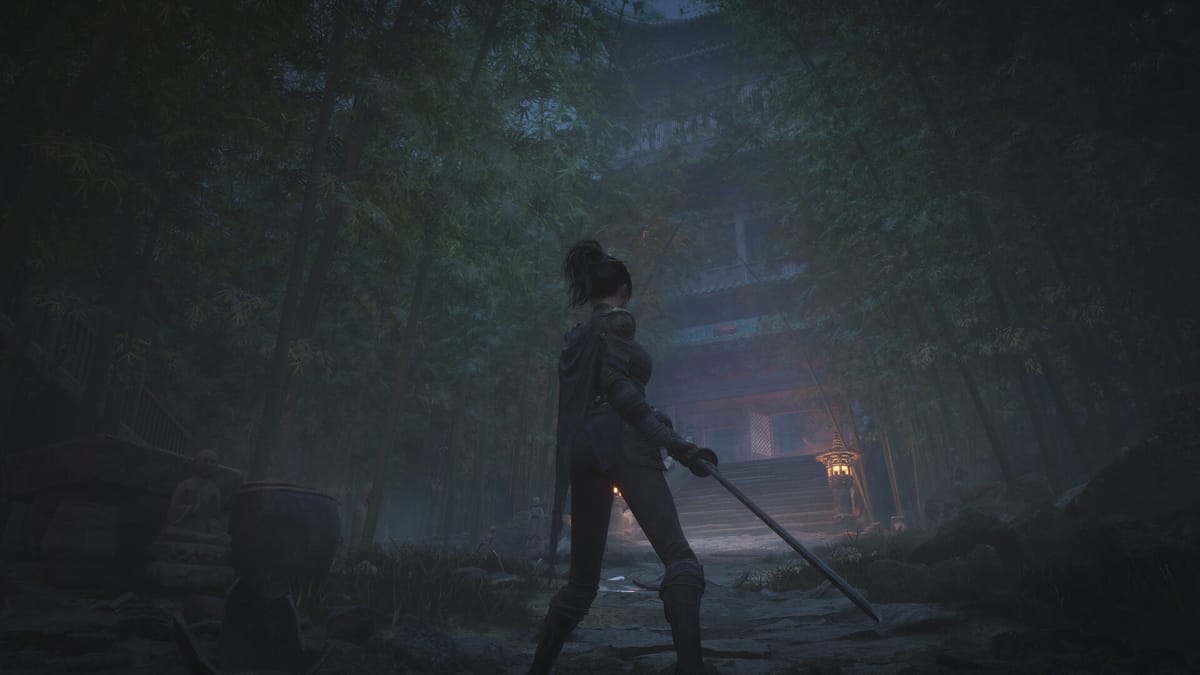
Here's hoping Leenzee can iron out the technical creases, for Wuchang: Fallen Feathers – if not the most radical or inventive of takes on this genre – still offers a wealth of options and build variety to warrant the ample hours its campaign requires. Its introductory few hours are perhaps a little too dense and heavy-handed with systems, mechanics and terminology to keep a mental note of. But it's through that very progression and the combat at the game's heart, that will keep players compelled to not only progress but experiment more so. The visual and tonal trappings may come off like a check-list to abide by, but Wuchang: Fallen Feathers' strengths in core combat, intriguing level design and ample ways to fine-tune one's style of play, shouldn't go overlooked.



